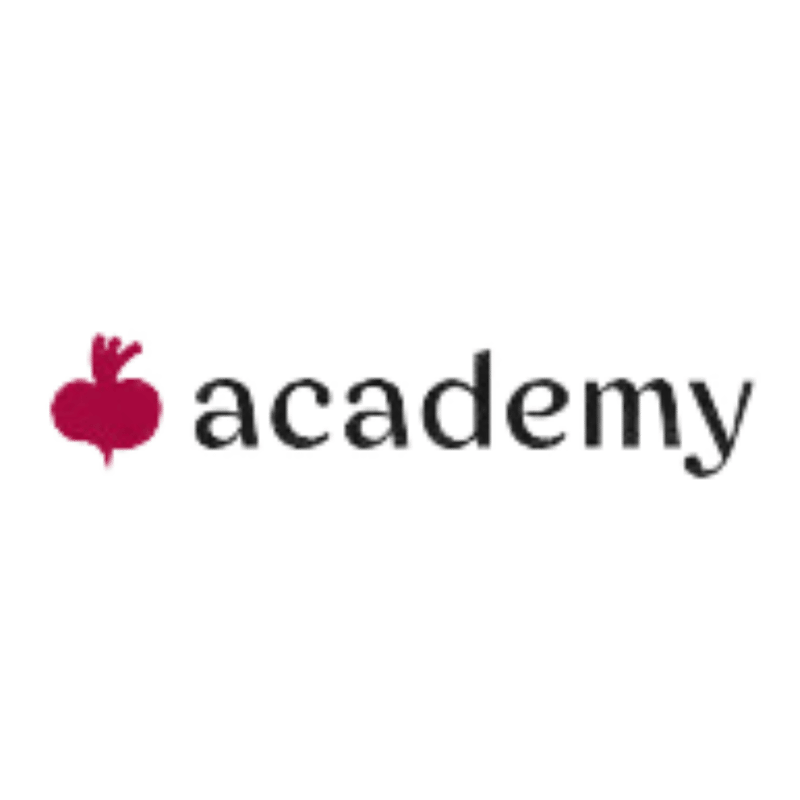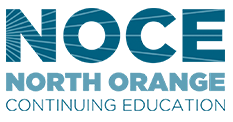
Financial aid (may be available)

Financial aid (may be available)

No cost info

Financial aid (may be available)
No cost info

$220 to start
$440 total

No cost info
$3,550 total
Financial aid (may be available)
OPTI Medical Systems supports the Online Quality Assurance Program (QAP) to add value to your OPTI CCA-TS2 analyzer. Online QAP facilitates the evaluation of quality control (QC) data with that of your peers for trends and shifts. Do not miss out on these valuable services that OPTI Medical provides OPTI analyzer users at no additional charge.
No cost info
The Graduate Certificate in Quality Assurance Compliance provides an in-depth knowledge of the global regulatory and compliance requirements for the development, marketing approval, and clinical utilization of biomedical products in today’s dynamic global healthcare environment.
No cost info
This program is designed for the chemist, bio-chemist or biologist in the pharmaceutical and biologic industry new to quality assurance and control, and is beneficial to senior year undergraduates and graduate students (using concurrent enrollment) interested in a career in QA/QC.
The program focuses on the quality requirements for the production and control of biologics and drugs, and the differences between quality control and quality assurance and their interaction with manufacturing. It highlights the importance of implementing and maintaining a quality system during the early stages of drug development, including the plethora of documents and controls necessary to make such a system effective. Guidelines and regulations from the FDA and the California State food and drug branch regulate the production of drug products. Quality Assurance (QA) monitors the manufacturer's compliance to these guidelines and regulations.
Instruction covers how to write, issue and control SOPs; manufacturing directions; and how to review and archive a batch history and other relevant documents. Emphasis is placed on conducting inspections and vendor audits for compliance to cGMPs to include contract manufacturers, bulk pharmaceutical chemical manufacturers and contract test laboratories. The program covers cGLPs and their applications to audits of facilities that provide toxicological services. Details on compiling, writing and archiving audit reports is provided.
No cost info
Quality assurance training helps applicants for understanding the basic concepts of information technology and software testing which help them excel as Quality Assurance (QA) specialists. The quality assurance course also covers physical products in determining defects in manufactured products and preventing them, pre-production, SDLC-Software Development Life Cycle, Production Environment vs Sandbox Environment, Mantis Bug Tracker, and many more. During the QA online training, you will learn how to decode the application of dynamic and static techniques, conduct walk-thoughts and audits, create a quality analysis, perform boundary value analysis, and test plan hands-on through this Quality assurance certification training.
No cost info
Mount St. Mary’s University is home to Maryland’s only certificate in quality assurance and regulatory science (QA/RS). The fully online program prepares you to lead your company through the efficient delivery of high-quality products within a competitive market.
No cost info
If you're looking for quality assurance classes near you in Tucson, you're in luck! Quality assurance is a crucial component of many industries, ensuring that products and services meet certain standards and customer expectations. By taking quality assurance classes, you can gain the necessary skills and knowledge to excel in this field. In this blog post, we will explore what quality assurance is, the training requirements, what to look for in a class, what to expect from the day-to-day class, the certification process, how to find a related job, and other classes you can take after becoming a quality assurance professional.

Quality assurance is a systematic process that ensures products and services consistently meet specified requirements. It involves monitoring and evaluating various aspects of a product or service to ensure that it meets predetermined standards and customer expectations. Quality assurance professionals play a vital role in industries such as manufacturing, healthcare, finance, and technology, among others.
Quality assurance involves a series of processes and activities aimed at preventing defects and maintaining quality standards. These processes may include:
Quality assurance professionals are responsible for implementing and maintaining these processes, ensuring that products or services meet customer expectations and regulatory requirements.
To become a quality assurance professional, you will typically need to complete some form of training or education. The specific requirements may vary depending on the industry and the level of responsibility you seek. Here are some common training requirements for quality assurance roles:
When searching for quality assurance classes near you in Tucson, there are several factors to consider to ensure you find the best fit for your needs. Here are some key aspects to look for in a quality assurance class:
Quality assurance classes typically provide a mix of theoretical knowledge and practical training. Here are some things you can expect from the day-to-day class:
After completing a quality assurance class, you may have the opportunity to pursue certification to further enhance your credentials. The certification process typically involves the following steps:
Once you have completed your quality assurance training and obtained any necessary certifications, it's time to start your job search. Here are some tips for finding a related job in quality assurance:
Once you have established yourself as a quality assurance professional, there are several other classes you can consider taking to further expand your skills and knowledge. Here are a few examples:
Quality assurance is a critical function in many industries, ensuring that products and services meet the highest standards of quality and customer satisfaction. By taking quality assurance classes near you in Tucson, you can acquire the necessary skills and knowledge to excel in this field. Remember to consider factors such as reputation, curriculum, and hands-on training when choosing a quality assurance class. Once you've completed your training and obtained certifications, you can confidently pursue a rewarding career in quality assurance. And don't forget to visit Dreambound for more information on vocational training programs and career options in various industries.
If you're exploring options in this field in various locations, Dreambound's extensive guides are a great resource. We've got detailed insights for numerous cities. check out some additional guides below:
Considering a change in your career? We've gathered some perspectives to help you in your journey. You can explore several of these:
Dreambound's platform allows prospective students to find the right educational program for them through searching, filtering, and connecting with our extensive selection of career & technical education partners.
Dreambound has over 70 programs across healthcare, technology, business, and industrial trades. This includes programs such as Medical Billing, Cybersecurity, and welding.
Some of our schools offer financial aid for those who qualify. Many others offer payment plans, where you can pay the cost of class over time.
Yes, Dreambound offers many online programs. On Dreambound's search, you can filter by online, in-person, and hybrid (part online, part in-person).
Dreambound is completely free for you to use! We are supported by schools and organizations who pay to advertise on our website, so we can offer all of our career resources for free.